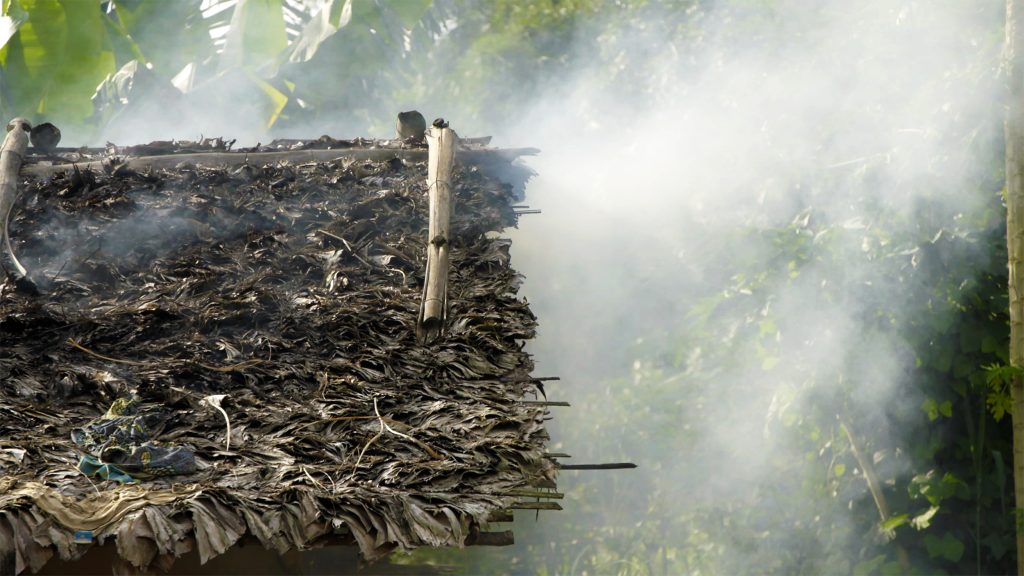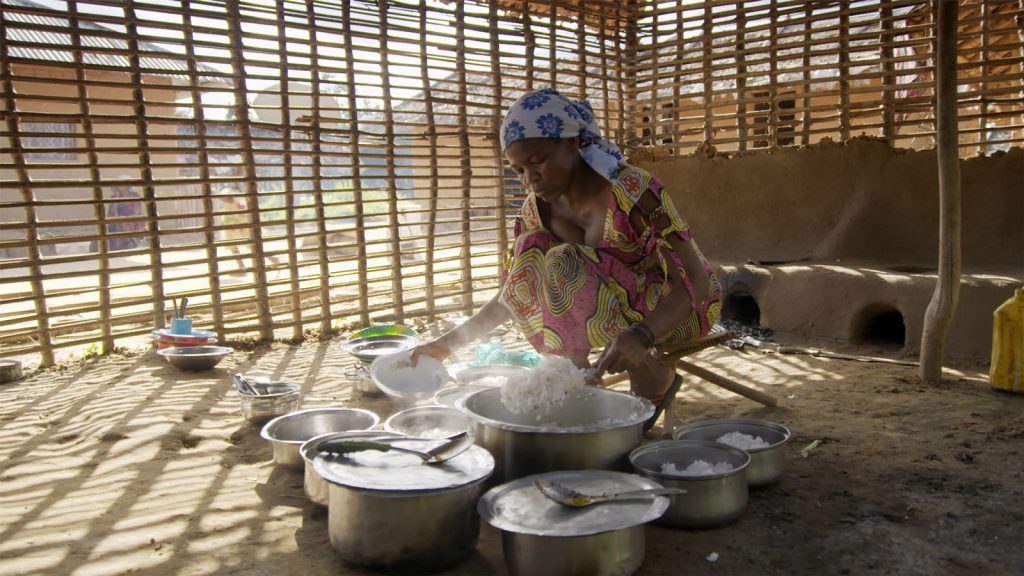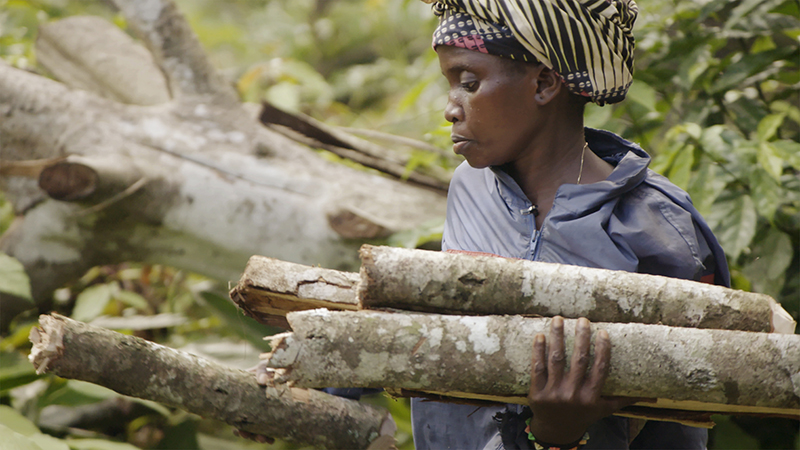Cooking, carbon and the Congo Basin
What comes to mind when you think about deforestation?
Is it raging wildfires and vast log rafts floating down the Amazon? Orangutans battling bulldozers in Indonesia? The world’s second biggest rainforest is increasingly threatened by something much less dramatic: charcoal.
Huge and largely inaccessible, the Congo Basin forest covers an area four times the size of California. Due to the region’s climate and soil types, the forest in the Democratic Republic of Congo is extremely diverse and carbon-rich. It’s Earth’s second largest store of carbon in vegetation, locking in the equivalent of 85 billion tons of carbon dioxide.


Smoking house in Lubutu, Africa
Many tens of millions of people depend on the rainforest directly for their livelihoods.
With a growing population, deforestation rates are rising. And a surprising culprit is having the biggest impact: the simple need for families to gather firewood to cook upon.
Around the world, three billion people cook over open fires or on rudimentary stoves using wood, charcoal, coal or dung. As these burn, often inside homes or in areas with limited ventilation, they release plumes of smoke and soot liable for 4.3 million premature deaths each year.


Woman cooking on stove in Lubutu. DRC
Cooking practices such as these produce up to 5% of annual greenhouse gas emissions worldwide. It’s a carbon double whammy. Forest is degraded through unsustainable harvesting of firewood, and burning the wood emits dangerous pollutants including carbon dioxide, monoxide and black carbon.
Over 90% of Congolese families cook on charcoal. The wood cut to produce this charcoal outweighs the wood cut by loggers by seven times.
With a rapidly growing population and no readily available sustainable energy sources to replace charcoal, reducing demand is the number one priority.
Cool Earth has worked with Flora and Fauna International in the country since 2015. The community-led project in the community of Lubutu looked at reducing firewood use by introducing energy efficient stoves. So far, 811 stoves have been built. This has directly contributed to a 50% reduction in firewood collection, making a huge dent in reducing forest loss in the local area around Lubutu.


Woman in Lubutu, DRC collecting firewood
The job of collecting firewood usually falls to women and girls, so involving local women in the project is essential. The stoves will not only lead to improvements in health for them and their families, it will free up time for other things that matter, like an education.
Cool Earth has committed to working with FFI on the fuel-efficient stoves project for a further three years. The community in Lubutu have plans to build another 1500 stoves, and provide 360 portable coal-efficient stoves for women that sell hot food at markets. It’s a smart idea that’s not just making a difference to the health of the forest, but transforming the lives and health of local communities too.
Further reading:
NASA, (2017), “NASA Survey Technique Estimates Congo Forest’s Carbon”
Mongabay, (2019), “Saving the forests of the Congo Basin: Q&A with author Meindert Brouwer.”
Drawdown.org (2019) “Food: Clean Cookstoves.”
